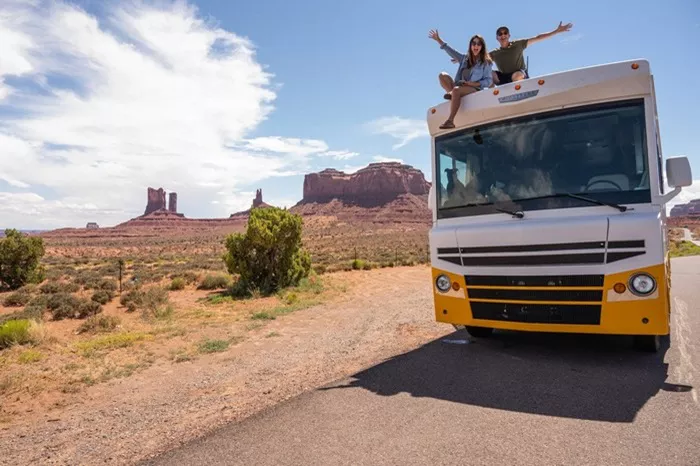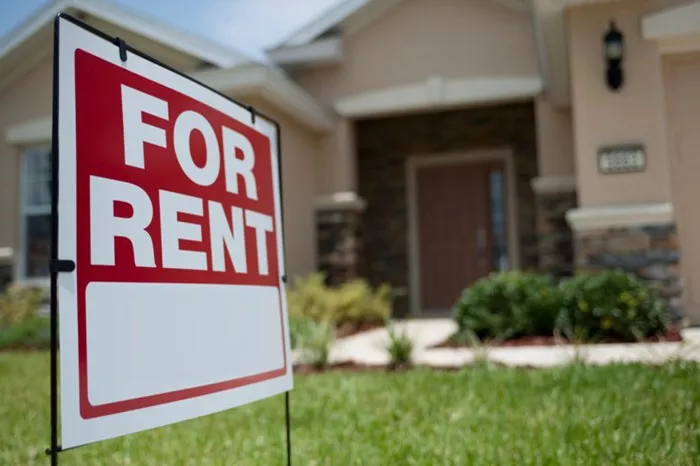Recreational Vehicles (RVs) are a significant investment for many outdoor enthusiasts. They offer the freedom to travel while enjoying the comforts of home. However, like any valuable possession, RVs are susceptible to various risks, including water damage. Water damage can be particularly concerning because it can lead to extensive and costly repairs. This article will explore the nuances of RV insurance, focusing on whether it covers water damage, the types of water damage typically covered, and how to ensure your RV is adequately protected.
Understanding RV Insurance
RV insurance is designed to protect your investment in your recreational vehicle. Similar to auto insurance, RV insurance provides coverage for various risks, including accidents, theft, and natural disasters. However, RV insurance is more comprehensive because RVs serve as both a vehicle and a home.
Types of RV Insurance Coverage
RV insurance policies can vary significantly depending on the insurer and the type of coverage you choose. Here are some common types of coverage available in RV insurance policies:
Liability Coverage: This is a standard part of most RV insurance policies. It covers damages or injuries you may cause to others while using your RV.
Collision Coverage: This coverage pays for damages to your RV in the event of an accident, regardless of who is at fault.
Comprehensive Coverage: This is where water damage coverage typically comes into play. Comprehensive coverage protects your RV from non-collision-related incidents, such as theft, vandalism, and natural disasters.
Personal Effects Coverage: This covers the belongings inside your RV, which can be particularly important if water damage occurs and your possessions are damaged.
Full-Timer Coverage: If you live in your RV full-time, this type of coverage acts more like a homeowners policy, providing additional protection for your RV and its contents.
What Constitutes Water Damage in an RV?
Water damage in an RV can occur in various forms, and understanding these can help you determine whether your insurance policy will cover the damages.
Types of Water Damage
Roof Leaks: Roof leaks are one of the most common sources of water damage in RVs. Over time, the seals and seams on the roof can deteriorate, allowing water to seep in during rainstorms.
Plumbing Issues: RVs have complex plumbing systems, and leaks or bursts in these systems can lead to significant water damage. This type of damage is often internal and may not be immediately visible.
Window Seals: Just like roof seals, window seals can deteriorate over time, allowing water to enter the RV. This can lead to damage to the walls, floors, and even the electrical system.
Flooding: Flooding can occur from external sources, such as a nearby river overflowing or heavy rain causing water to seep into the RV from below. Flooding can cause extensive damage to the interior and mechanical components of the RV.
Condensation: While not as catastrophic as a flood or roof leak, condensation can still cause damage over time. Condensation occurs when the RV is not properly ventilated, leading to moisture buildup, which can damage walls, floors, and other surfaces.
See Also: What Does Comprehensive Rv Insurance Cover?
Does RV Insurance Cover Water Damage?
Whether or not RV insurance covers water damage depends on several factors, including the cause of the damage, the type of coverage you have, and the specifics of your policy. Here’s a closer look at when RV insurance typically covers water damage.
Coverage Under Comprehensive Insurance
As mentioned earlier, comprehensive insurance is the part of your RV policy that is most likely to cover water damage. However, the coverage may vary based on the cause of the water damage:
Storm-Related Damage: If your RV suffers water damage due to a storm, such as a heavy rainstorm or hurricane, comprehensive coverage usually applies. This includes damage from roof leaks or water intrusion through windows.
Flood Damage: Flood damage is generally covered under comprehensive insurance, but it’s essential to check your policy. Some policies may exclude flood damage, particularly if you live in an area prone to flooding.
Plumbing Failures: If the water damage is caused by a plumbing failure within the RV, such as a burst pipe, this may also be covered under comprehensive insurance. However, coverage may depend on the cause of the failure. If it’s due to wear and tear or lack of maintenance, the insurer may deny the claim.
Gradual Damage vs. Sudden Damage: Insurance companies often differentiate between gradual and sudden damage. Sudden damage, such as a storm or burst pipe, is more likely to be covered. Gradual damage, such as leaks caused by long-term wear and tear, may not be covered, especially if the insurer determines that proper maintenance could have prevented the damage.
Exclusions and Limitations
It’s crucial to understand that not all types of water damage are covered by RV insurance. Here are some common exclusions and limitations:
Lack of Maintenance: If the water damage is determined to be the result of poor maintenance, such as failing to reseal the roof or ignoring small leaks, the insurance company may deny your claim.
Negligence: If the damage is due to negligence, such as leaving windows open during a rainstorm or failing to winterize the RV, your claim may be denied.
Wear and Tear: Damage resulting from normal wear and tear is typically not covered by RV insurance. For example, if your roof leaks because the seals have deteriorated over time and you haven’t maintained them, the insurance may not cover the repairs.
Mold and Mildew: Water damage often leads to mold and mildew growth, which can cause further damage and health risks. Many RV insurance policies specifically exclude coverage for mold and mildew, even if it results from a covered water damage event.
Secondary Damage: If water damage occurs and you fail to take immediate action to mitigate the damage, any subsequent damage may not be covered. For example, if a roof leak occurs and you do not take steps to dry out the affected area, leading to mold growth, the insurance company may refuse to cover the mold damage.
How to Ensure Your RV is Protected
To ensure that your RV is adequately protected from water damage, it’s essential to take proactive steps both in terms of maintenance and insurance coverage.
Regular maintenance is key to preventing water damage in your RV. Here are some maintenance tips to follow:
Inspect Seals and Seams: Regularly inspect the seals and seams on the roof, windows, and doors of your RV. Look for signs of wear and tear, such as cracks, gaps, or peeling. Reseal any areas that appear damaged.
Check the Roof: The roof is one of the most vulnerable areas for water damage. Regularly check the roof for any signs of damage, such as cracks or punctures. Consider applying a roof coating to provide an extra layer of protection.
Maintain the Plumbing: Regularly inspect the plumbing system in your RV, including pipes, faucets, and water tanks. Look for signs of leaks or corrosion and address any issues immediately.
Ventilate the RV: Proper ventilation is crucial to prevent condensation buildup inside the RV. Use vents, fans, and dehumidifiers to keep the interior dry and reduce the risk of mold and mildew.
Winterize the RV: If you store your RV during the winter, it’s essential to winterize it properly. This includes draining the water system, adding antifreeze, and sealing any openings to prevent moisture from entering.
Conclusion
Water damage is a serious concern for RV owners, and understanding your insurance coverage is crucial to protecting your investment. While RV insurance can cover water damage, the extent of coverage depends on various factors, including the cause of the damage, the type of coverage you have, and the specifics of your policy.
To ensure your RV is adequately protected, take proactive steps in both maintenance and insurance coverage. Regularly inspect and maintain your RV to prevent water damage, and review your insurance policy to ensure you have the coverage you need. By doing so, you can enjoy your RV with peace of mind, knowing that you’re prepared for any potential water damage that may occur.






















